SUMMARY
This is AI generated summarization, which may have errors. For context, always refer to the full article.
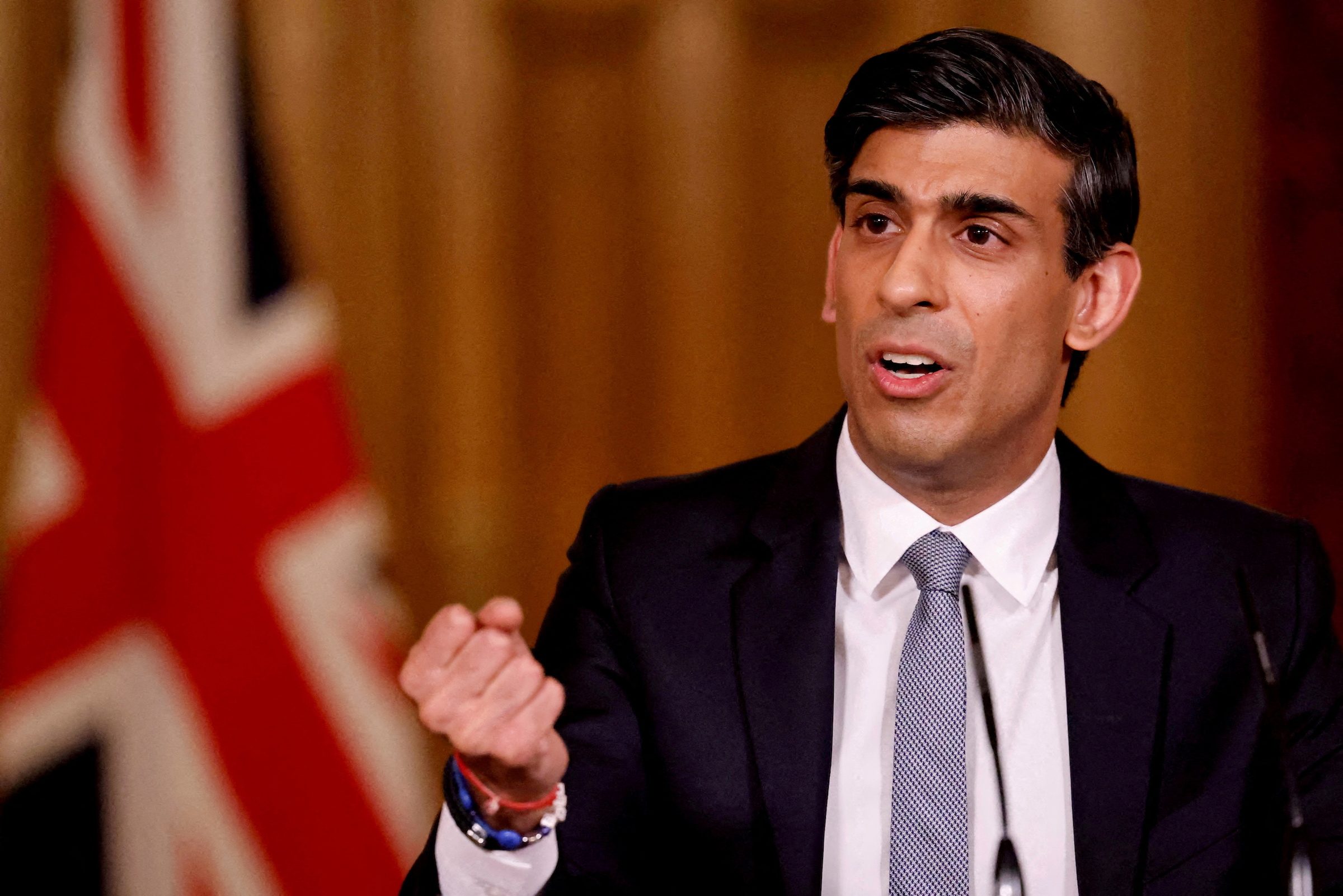
LONDON, United Kingdom – British finance minister Rishi Sunak, a contender to become prime minister if Boris Johnson leaves office, set out his commitment to low taxes but said he would not slavishly cut the role of the state in the world’s fifth biggest economy.
Sunak set out his plan to help companies to invest more in capital and in research and development via tax incentives, even as the government’s tax take is set to reach its highest since the 1950s after he oversaw a huge increase in pandemic spending.
“I firmly believe in lower taxes,” Sunak said in a speech on Thursday, February 24, at the Bayes Business School, part of the University of London.
“The most powerful case for the dynamic market economy is that it brings economic freedom and prosperity. And the best expression of that freedom is for all of us to be able to make decisions about how to save, invest, or use the money we earn.”
The rise of the 41 year-old former Goldman Sachs analyst within the Conservative Party, culminating in his appointment as chancellor of the exchequer two years ago, has made him a leading candidate to replace Johnson should he have to resign.
Johnson is embroiled in a scandal over lockdown parties held at Downing Street, which police are investigating.
Sunak said former Conservative prime minister Margaret Thatcher and her finance minister Nigel Lawson were “sound lodestars to navigate by,” but they only cut taxes once government borrowing was under control.
Sunak has faced criticism from Conservatives for sticking to his plan to raise national insurance contributions from April to fund health and social care, even as a cost-of-living squeeze tightens.
Regulated domestic fuel tariffs are also due to rise by 54% in April after the surge in energy costs around the world.
As well as the social security increase, British companies are facing a sharp jump in the corporation tax rate from 2023 which many say will hurt investment and the kind of push for innovation that Sunak is hoping for.
He said future tax policy should aim to encourage business investment and support research and development and he promised to review a levy that funds apprenticeships which businesses regard as inflexible.
Without boosting productivity and overall economic growth, “people will begin to lose faith in the moral and material case for free markets,” he warned.
Sunak also rejected the argument of some Conservatives that taxes should be cut even where that would leave spending needs unfunded. “I am disheartened when I hear the flippant claim that ‘tax cuts always pay for themselves’. They do not,” he said.
The opposition Labour Party said Sunak had raised more tax than any finance minister in half a century and the Conservatives had overseen a decade of slow economic growth.
“It is because the Conservatives are the party of low growth, that they are now the party of high tax,” Rachel Reeves, Labour’s finance policy chief, said. – Rappler.com
Add a comment
How does this make you feel?
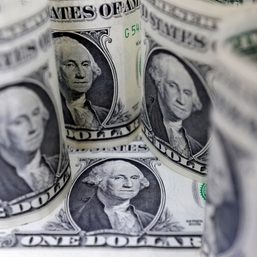

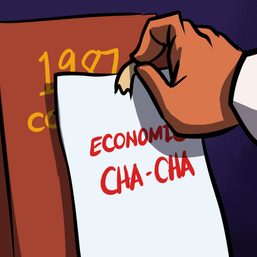


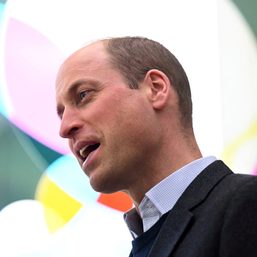


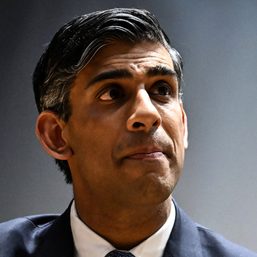

There are no comments yet. Add your comment to start the conversation.